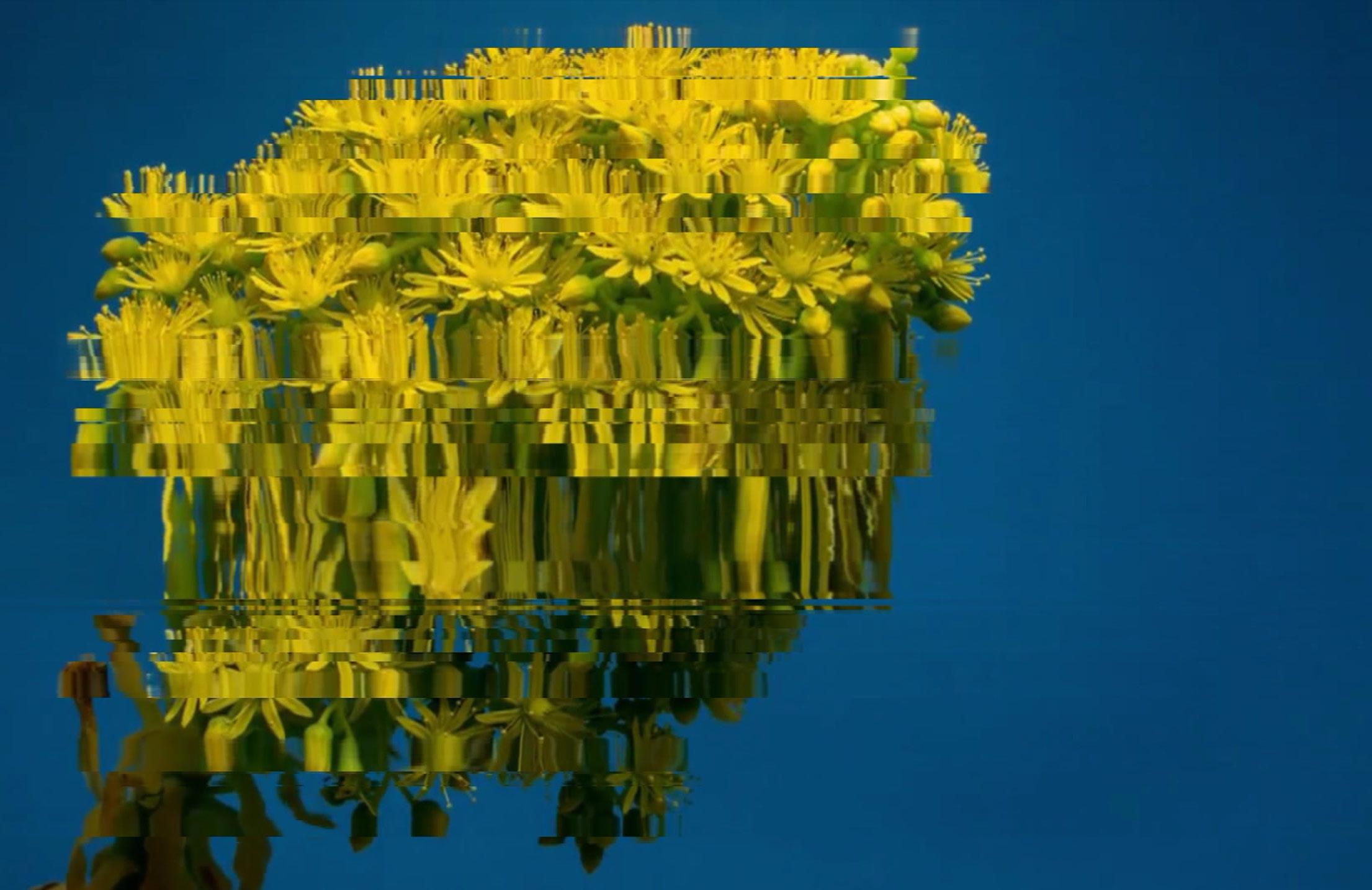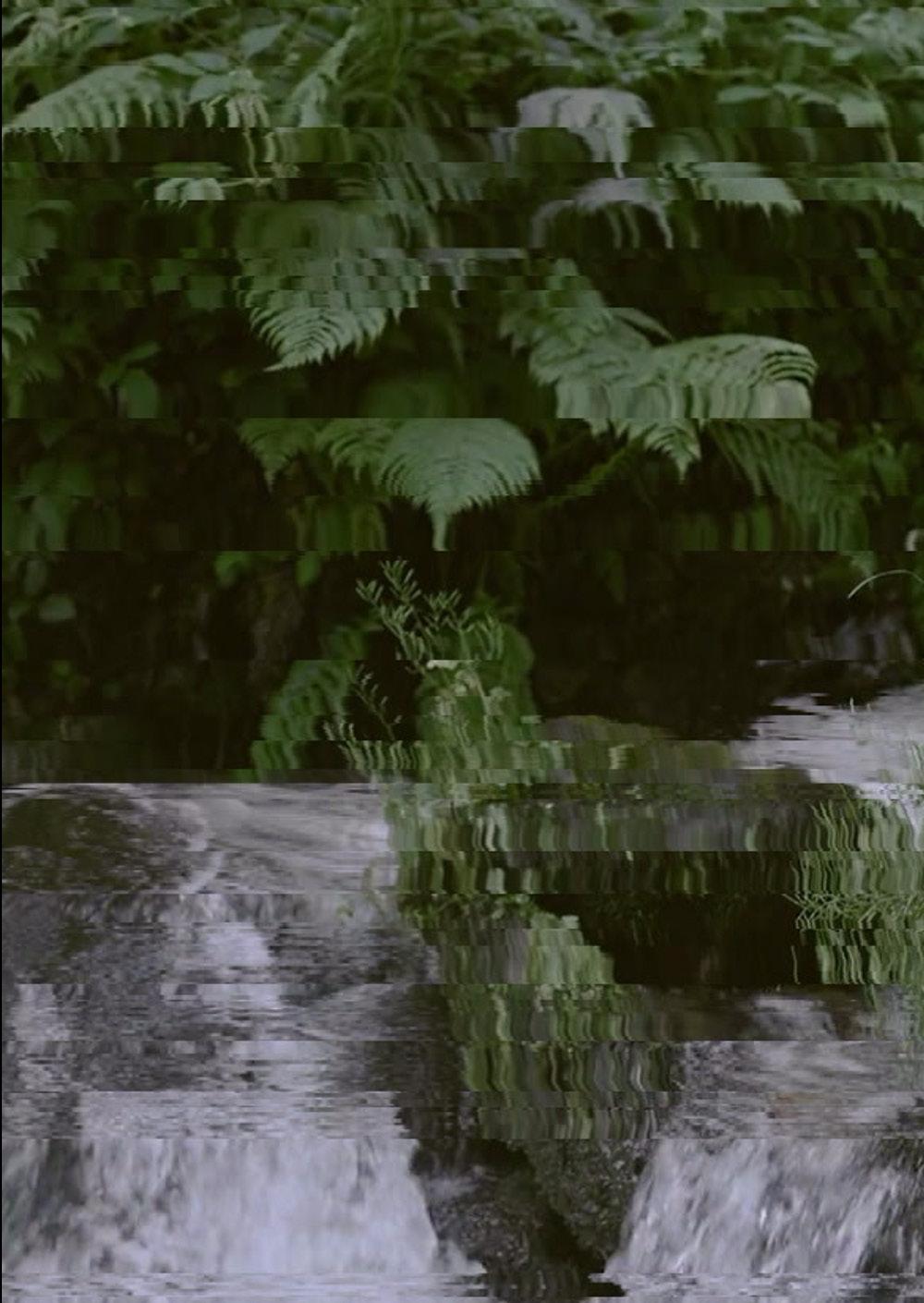

CYBERCRIME’S LOSS OF INNOCENCEFROM TECH OPTIMISM TO REGULATORY REALISM

Abstract: Cybercrime, once associated with idealistic visions of freedom, exploration, and boundarybreaking innovation, has matured into a global threat prompting extensive regulation. Initially emerging from a hacker ethos advocating openness, decentralization, and technological creativity, cybercrime now evokes complex, bureaucratic international frameworks and pressing debates about digital security and freedoms. This essay examines the maturation of cybercrime and its regulatory responses, focusing on how optimistic ideals surrounding technology have gradually eroded in the face of increasingly sophisticated cyber threats. It analyzes how regulatory measures have developed or stagnated amidst rapid technological advancement, weighing their effectiveness and implications for innovation and civil liberties. By analyzing historical developments, case studies of landmark cyber incidents, and contemporary legislative frameworks, this paper critically evaluates whether existing regulatory maturity successfully balances security imperatives with innovation and individual freedoms. Ultimately, this reflection seeks to highlight the delicate and crucial balance regulators face, arguing for adaptive regulation that captures the complexity of modern cyber threats without stifling the very digital freedoms it seeks to protect.
Introduction: In a dimly lit interview on the YouTube channel Soft White Underbelly, the hacker known only as Gummo reflects nostalgically on the early days of the internet—an era marked by curiosity, optimism, and boundless creativity. He recounts sleepless nights spent discovering vulnerabilities, driven not by malice but by sheer fascination and an idealistic belief in digital freedom. To hackers like Gummo, cyberspace was a frontier for exploration rather than exploitation, a landscape of endless possibilities where rules were few and innovation thrived. Yet, Gummo acknowledges that this innocence could not last; as technology matured, so too did its darker applications, prompting increasingly rigid and bureaucratic regulatory frameworks aimed at controlling what had once been seen as uncontrollable. This maturation from optimistic idealism to complex regulatory realism epitomizes the very notion of “Coming of Age”—marking cybercrime’s loss of innocence and posing critical questions about how effectively our legal systems balance security, innovation, and freedom in an ever-evolving digital world.


DREAM UNBURDENED
Abstract: This poem is about my struggle with ambition and setbacks. Often, excessive ambition can distort achievements into trivialities – a mountain becomes simply a ladder to climb – but small setbacks can crash
that worldview back into realism violently. Here, I try to come to terms with what life is beyond simple ambition, beyond the next goalpost.
dream unburdened, running water,
swelling blood beneath my skin. the mountain is a ladder is a system but moving boxes stand soaking up Merlot. my sister calls me fit for it which kills me and I know nothing if language is a game then what is this?
the more I learn the more I feel like falling running water, sweet Merlot, come catch me!!
I'm liquid smooth, a game that's fit for mountains, until they settle like a flock of birds in boxes I fold and unfold, dream unburdened, surely not?
the mountain is a ladder but who am I


AETHERWAVE’S SHIFT IN HARMONY –FROM SONIC UTOPIA TO ALGORITHMIC CONTROL

Abstract: Once imagined as a limitless domain of sound exploration, aetherwave music has transformed from utopian experimentation into a regulated industry governed by algorithmic curation and digital platforms. Originally driven by avant-garde artists embracing improvisation, openness, and communal creation, the genre now contends with the influences of data-driven distribution models and commercial constraints. This essay explores the cultural evolution of aetherwave, examining how idealistic beginnings have given way to structured systems that prioritize engagement metrics over artistic integrity. It interrogates whether algorithmic gatekeeping can coexist with creative freedom and analyzes the tension
between accessibility and authenticity. Through a critical review of historical shifts, major digital platform policies, and case studies of genre-defining artists, this paper evaluates whether the current system nurtures innovation or merely repackages it. Ultimately, this reflection questions whether aetherwave can reclaim its imaginative core in an era dominated by curated trends and attention economies.


Introduction: In an obscure audio journal entry archived under the pseudonym “Freqmist,” a pioneer of early aetherwave recounts building soundscapes using scavenged circuits and solar glitches—an era defined not by polish, but by raw emotion and open experimentation. These early creators saw the aether as a playground for mind-bending tones, unbound by convention or commerce. Yet, as streaming platforms rose and digital discoverability became king, the same waveforms that once represented freedom began echoing with conformity. Freqmist laments this shift, noting that innovation has become entangled in algorithms, and what once felt infinite now follows prescribed formulas. The journey from chaos to code
mirrors the genre’s own coming of age—a poignant reminder that even the most imaginative fields can be reshaped by the systems meant to support them. AUTHOR
